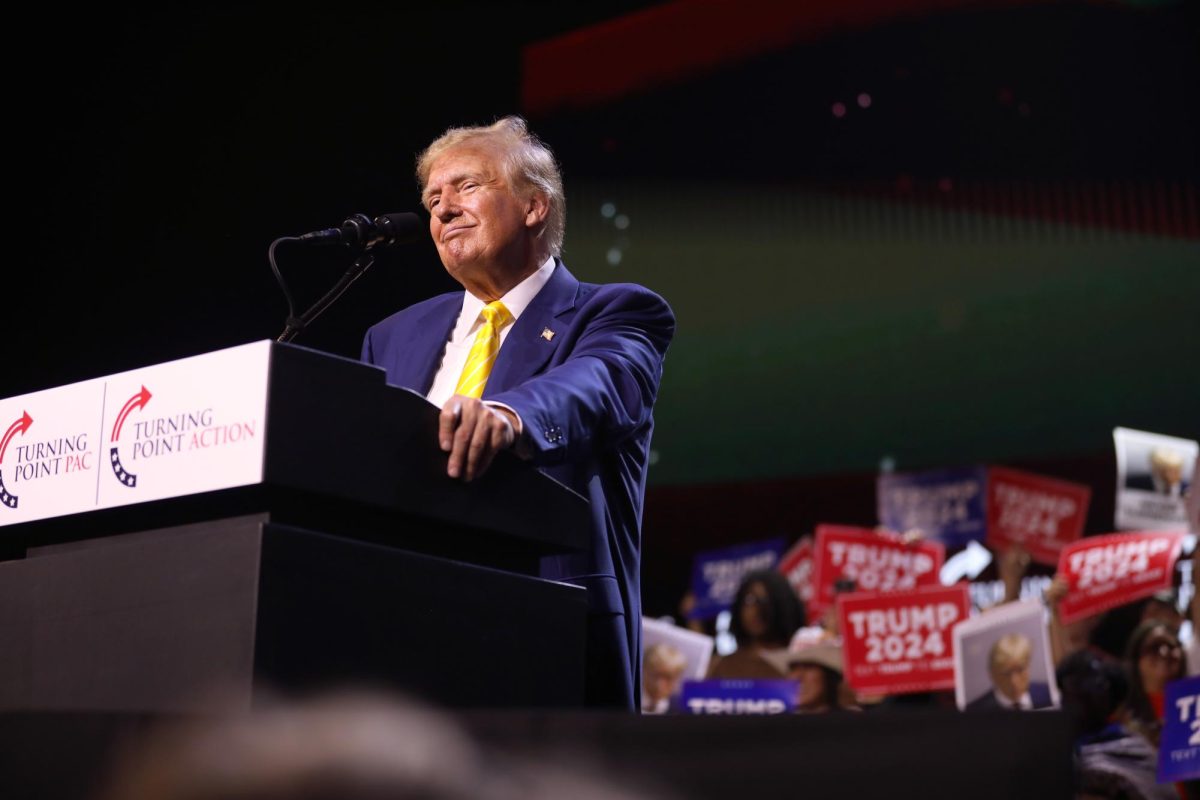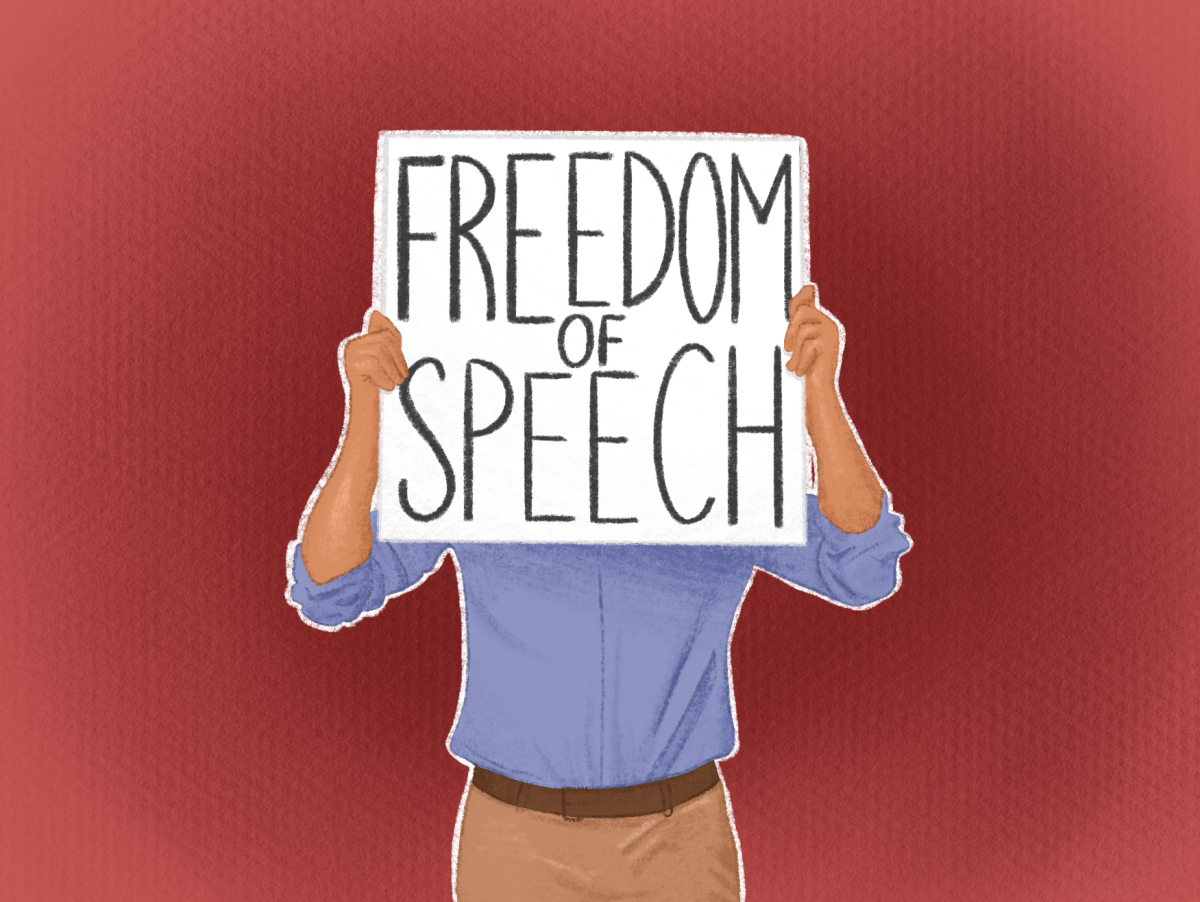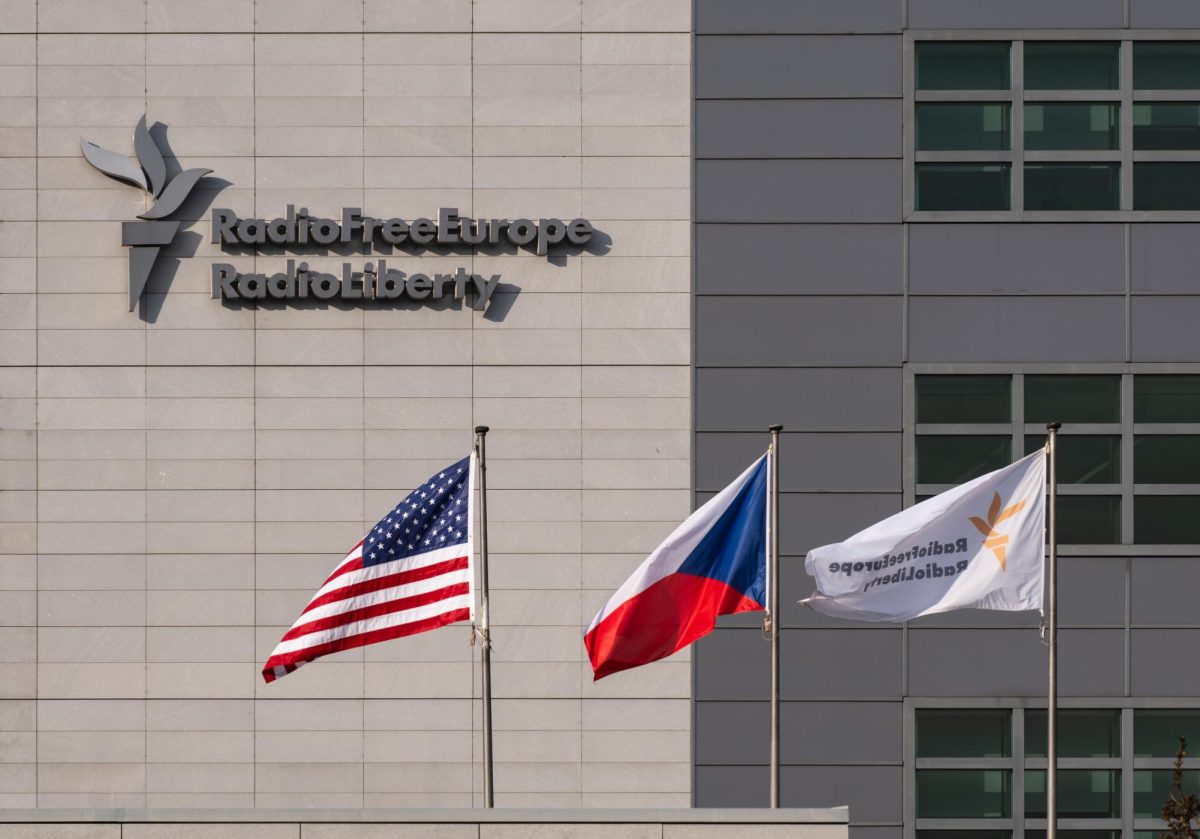By Chris Benevento, News Staff
Last Friday, Chicago-based T-shirt company Cubby Tees ceased production of its highly controversial “Chicago Stronger” shirt after much public outrage. Blackhawks fans and Bruins fans alike were quick to condemn the shirts. Cubby Tees was accused of making a mockery of the Marathon bombings.
So on June 14, with its tail between its legs, Cubby Tees recalled the shirt and ceased further sales.
But were they completely in the wrong? Is “Boston Strong” still the slogan it once was, or has it become commercialized to the point that it no longer carries its original meaning?
It is a question that is being asked more and more as “Boston Strong” continues to expand beyond the original charitable outlets. What began as a rallying cry has become everything from a sports slogan to a fashion item.
The actual meaning of “Boston Strong” was lost within a week of its inception. As sports came back into the Boston public’s consciousness in the wake of the attacks, the “Boston Strong” slogan was carried along with them. Bruins games were filled with deafening chants of “Bo-ston Strong, Bo-ston Strong” and a Red Sox game paid special homage to the newly found motto.
In the wake of such devastating attacks, this is what the city needed; a motto, an idea, a mentality to rally around, to show the aggressors of the world that the Boston spirit was nothing to be trifled with.
And that is where it all went wrong. What was once seen as a special aspect of a sporting event was now becoming routine. That same mentality that was so important to the recovering Bostonians was quickly becoming a brand.
The branding of the tragedy was appearing in all shapes and forms. “Boston Strong” soon became a rallying cry for Bruins fans. Demeter Fragrance Library released a fragrance entitled “First Response-Boston.” Converse released a “Boston Strong” shoe. The former is donating 75 percent of proceeds to charity, while the latter is donating 100 percent.
While charitable initiatives such as “Boston Strong” are good intentioned, they walk a fine line when it comes to maintaining the original message.
Can companies like Cubby Tees really take all of the blame for creating a rival shirt that seems insensitive?
Chicago was heading into the playoffs against their adversaries toting a slogan boasting strength and resilience. A simple “Go Blackhawks” was not going to stack up. Chicago fans wanted to see their team win no less than Boston fans wanted to see theirs.
Cubby Tees saw the “Boston Strong” slogan as an opportunity to capitalize; however, this was not out of malicious mockery. Rather it was out of a desire to provide Blackhawks fans with a slogan to rally around.
Was it the right choice? No. This certainly falls under the category of too soon; but to claim that the “Boston Strong” slogan has maintained its original purpose and relevance is false. It has become much more than a point of pride for a hurt city over the past two months – it has become a brand.
As Bostonians, we cannot have a slogan that sternly opposes those who seek to hurt us and also use it whenever our hockey team makes it into the playoffs. We cannot expect our rivals to sit quietly while we chant reminders of our strength and resilience (especially when they are down in the series).
What happened on April 15 was terrible and will forever resonate in the hearts of all Bostonians. Nothing can take that from us. Not a slogan, not a fragrance or even a pair of sneakers.
It’s important to remember what happened and to remember the sacrifices made. Perhaps the most important thing to remember is the unity of a nation that occurred as a result of the events of that day.
To let disputes over the ownership of a marketable slogan divide us as Americans evokes a different word altogether – weak.








